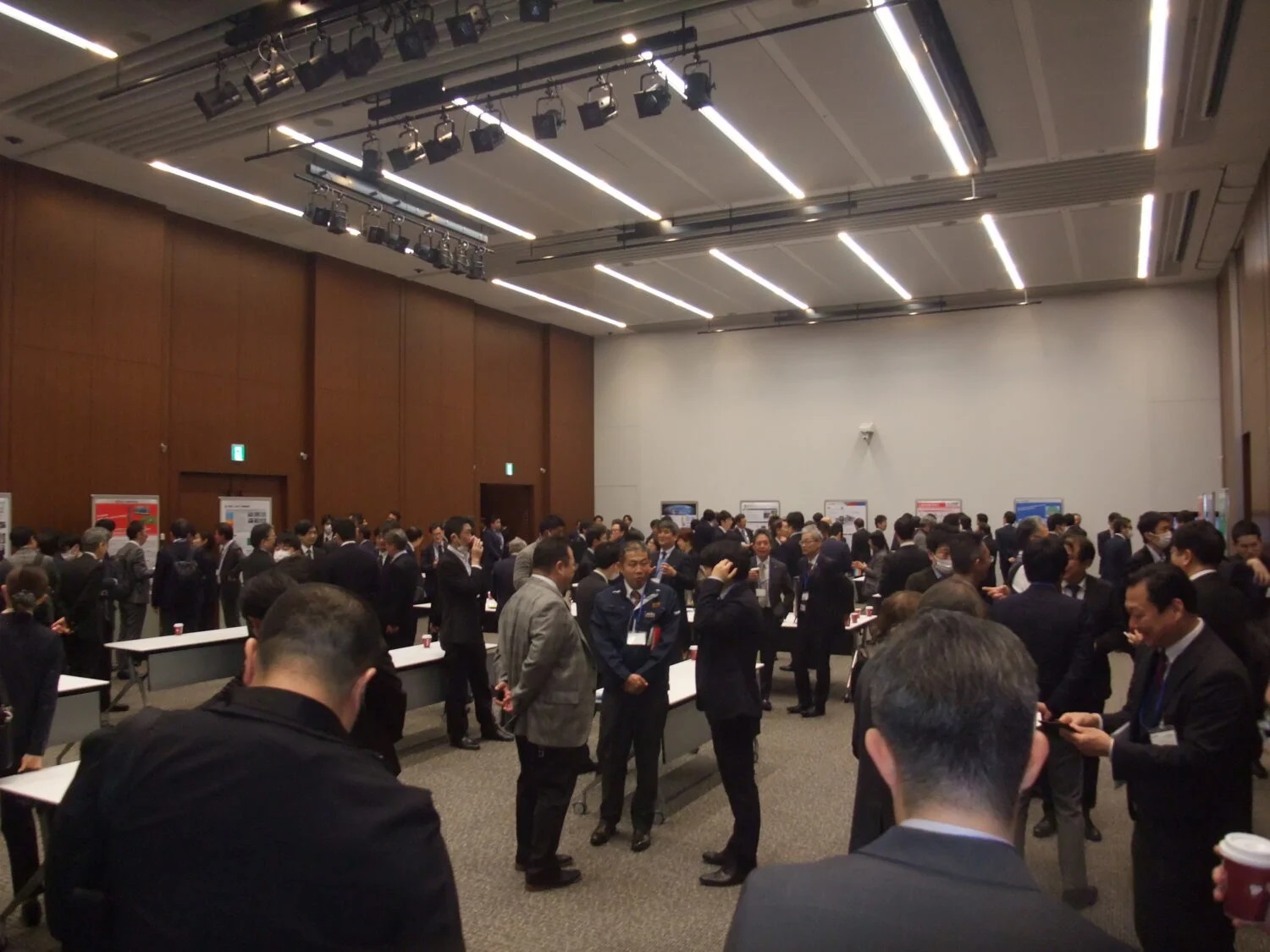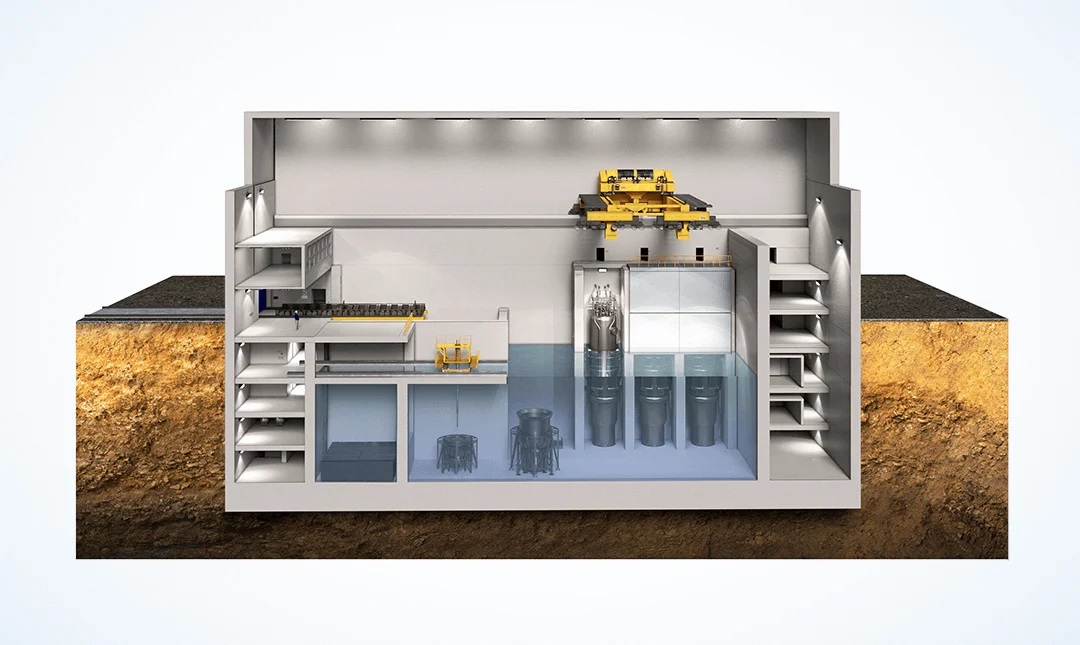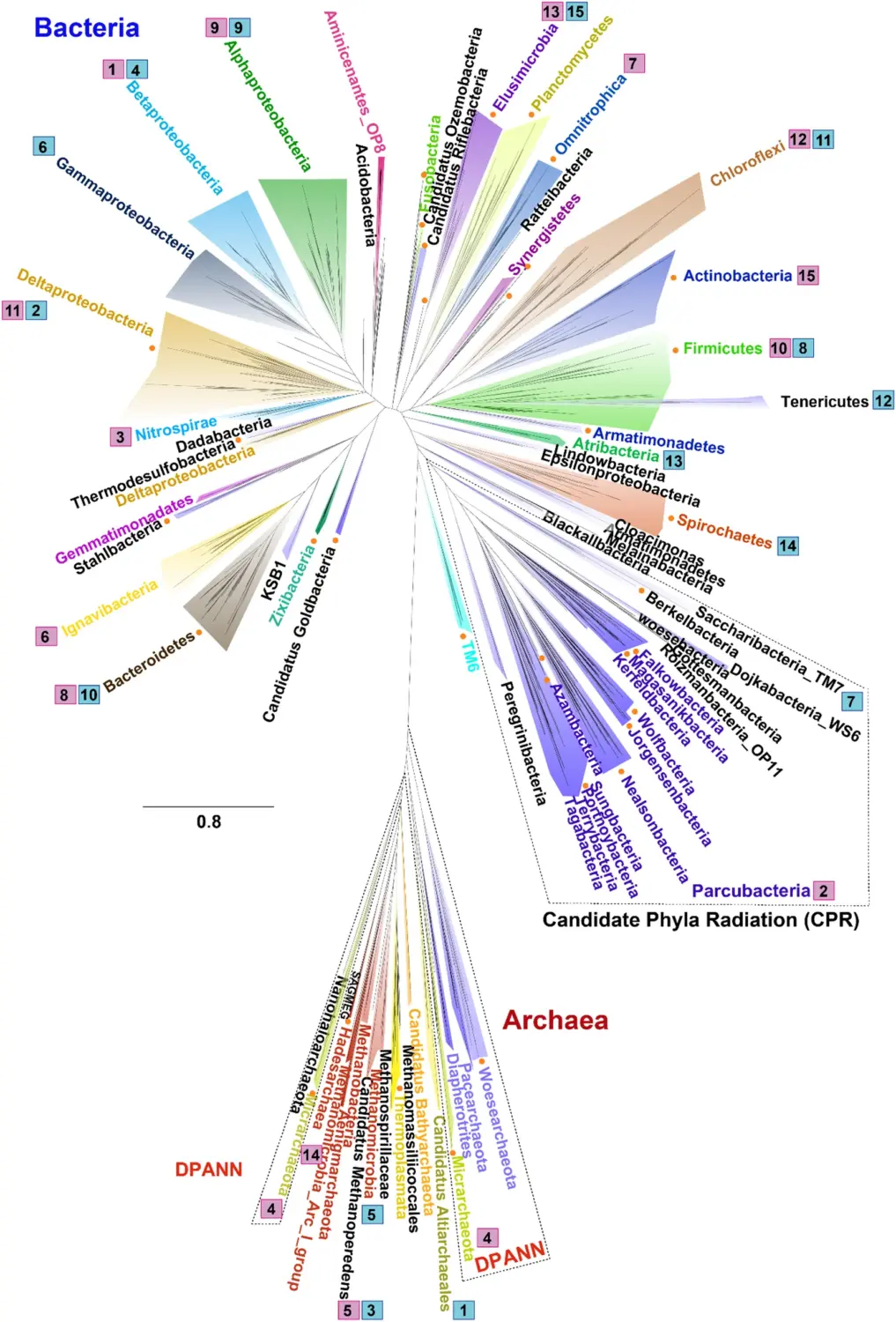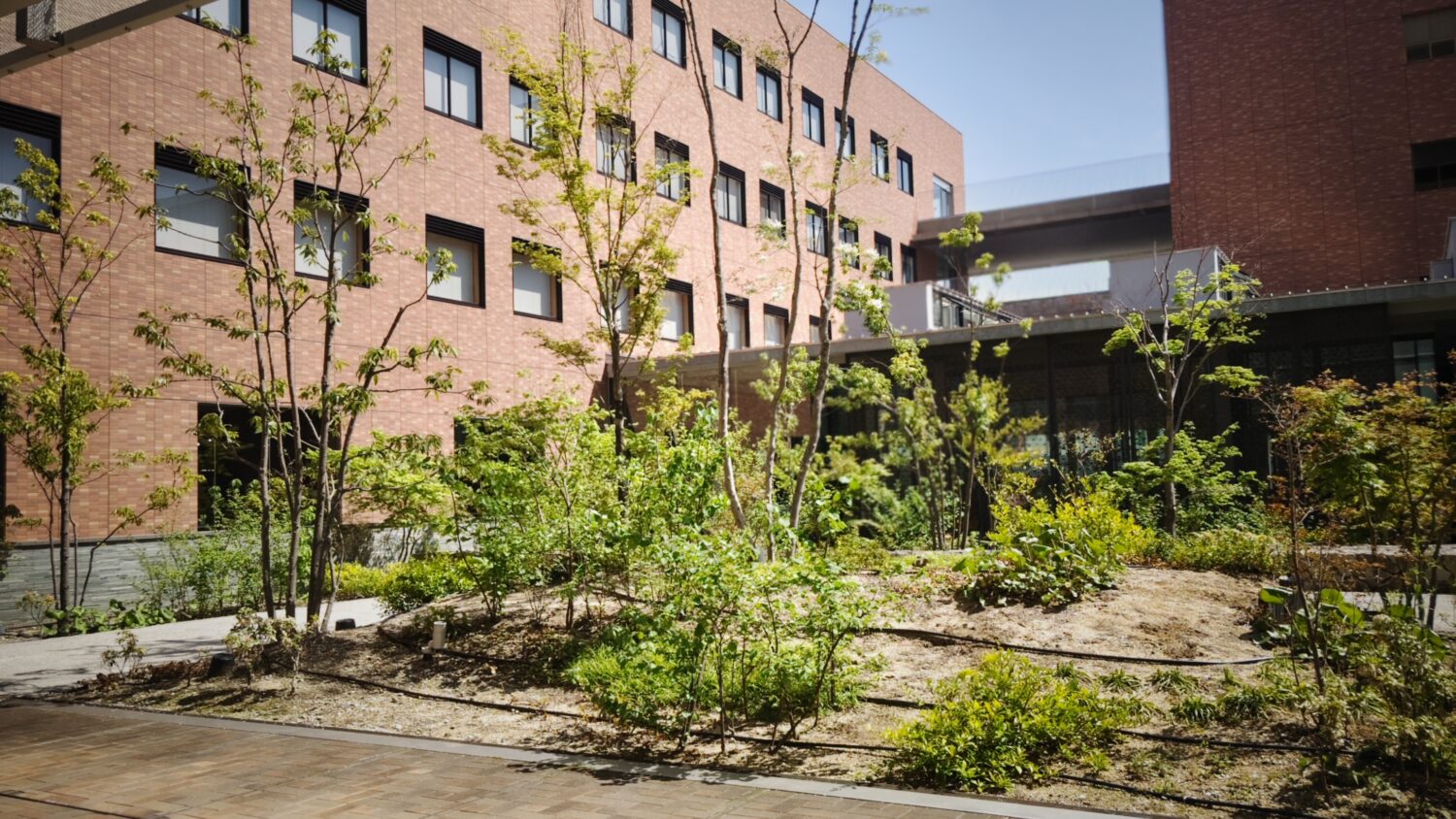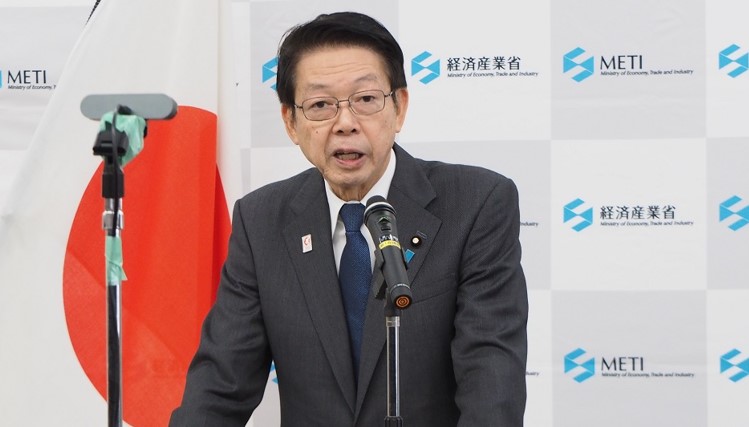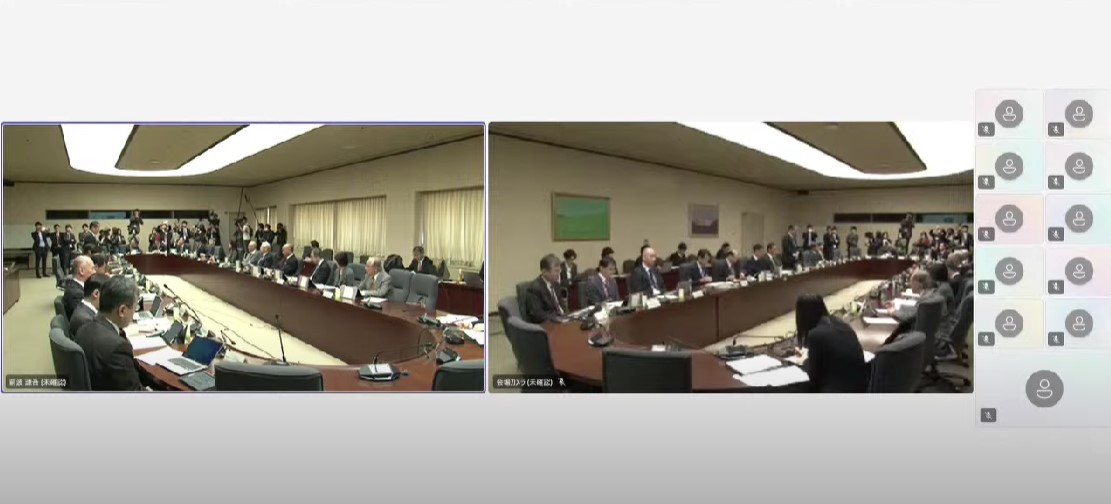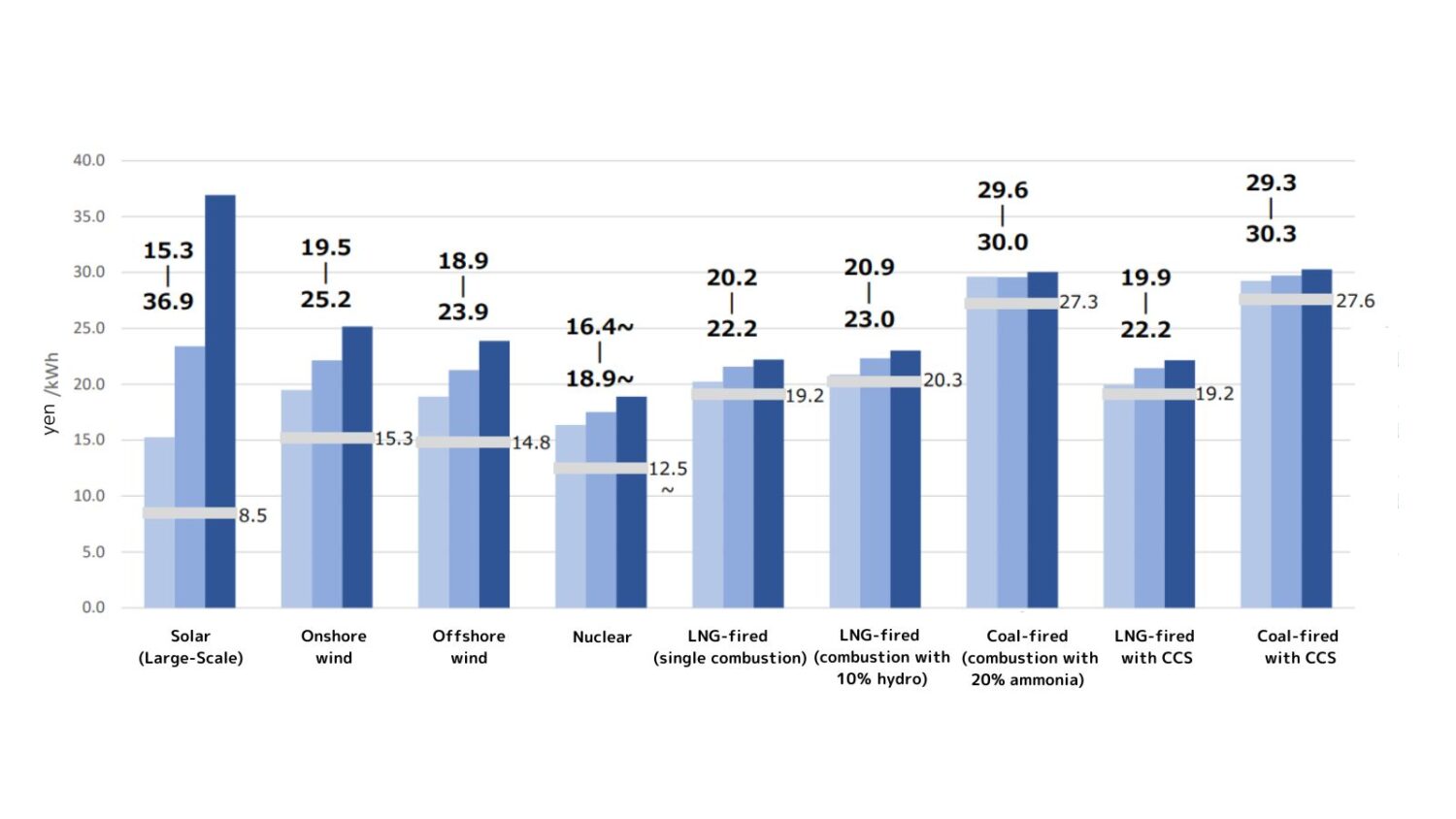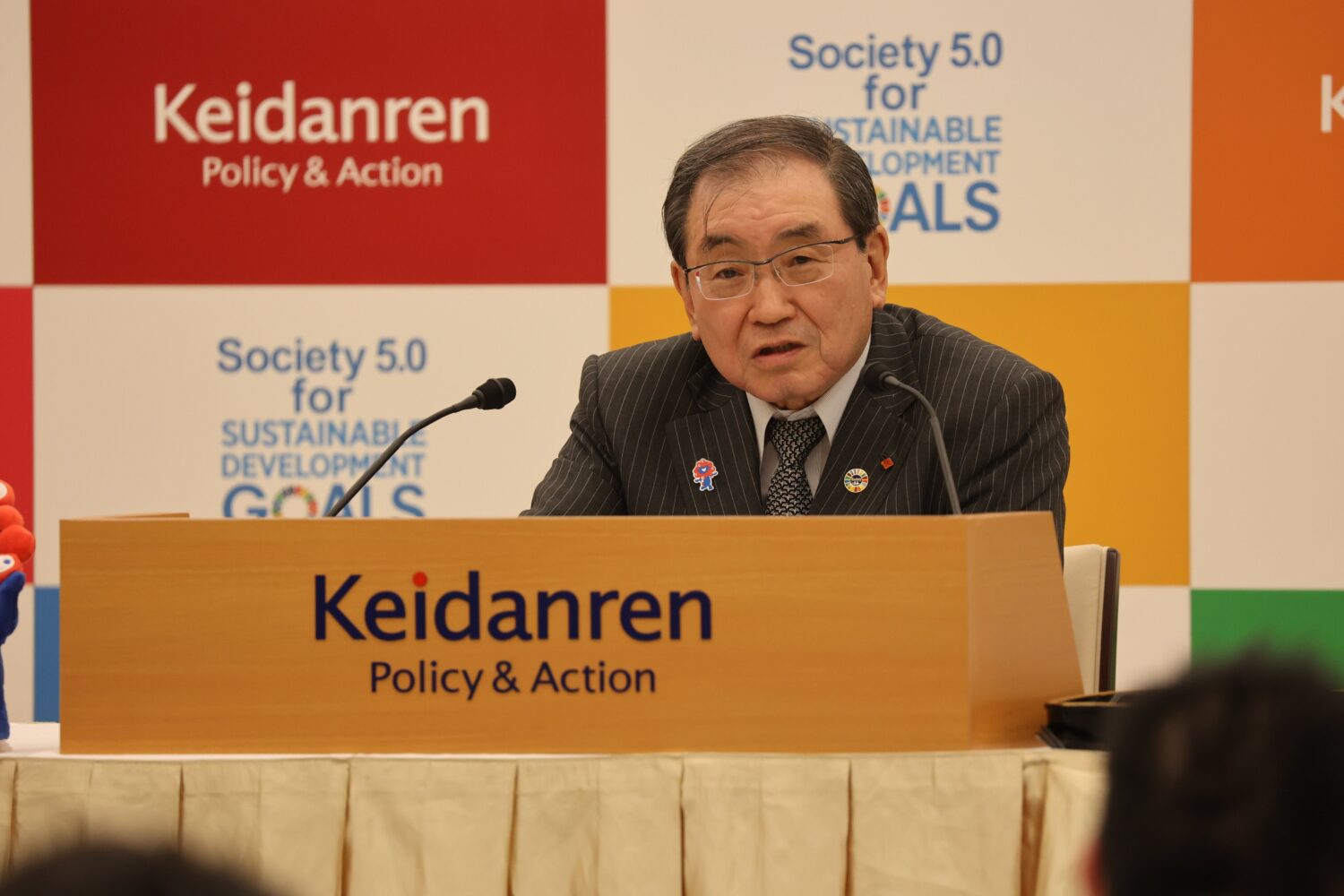The report will be officially approved after it has been referred to the Japan Atomic Energy Commission (JAEC) and the Ministry of Education, Culture, Sports, Science and Technology (MEXT), and made open to the public for comments.
In March 2017, JAEA had filed an application with the NRA for a safety examination of Joyo for compliance with new regulatory standards. The approval of the draft review report thus came a little more than six years later, including a hiatus of a year and a half while revisions were made to the contents of the application related to core design and thermal output.
Overall, after first criticality in 1977, Joyo recorded approximately 71,000 hours of operation in its mission to demonstrate basic and fundamental fast-reactor technology, perform irradiation tests on nuclear fuel and construction materials, and verify advanced technology for future reactors. Operation has been suspended since 2007, however, due to an incident at an irradiation test facility.
According to the policy on fast reactor development—issued at a ministerial meeting on nuclear energy after the decommissioning of the prototype fast breeder reactor (FBR) Monju was officially decided in December 2016—the government would actively strive to restart Joyo from the perspective of obtaining information related to technical issues peculiar to fast reactors, including core fuels and technology for handling sodium and major equipment, and to promote synergistic development through international cooperation.
Fast reactor development has potential in non-energy fields as well. According to an explanation at a debriefing meeting held by JAEA last fall, the agency plans to use Joyo by 2026 to demonstrate production of actinium 225 (Ac-225), which has drawn attention globally for cancer treatment. At present, Japan depends on other countries for all its medical radioisotopes. JAEA will aim for their domestic production.


-1.png)


